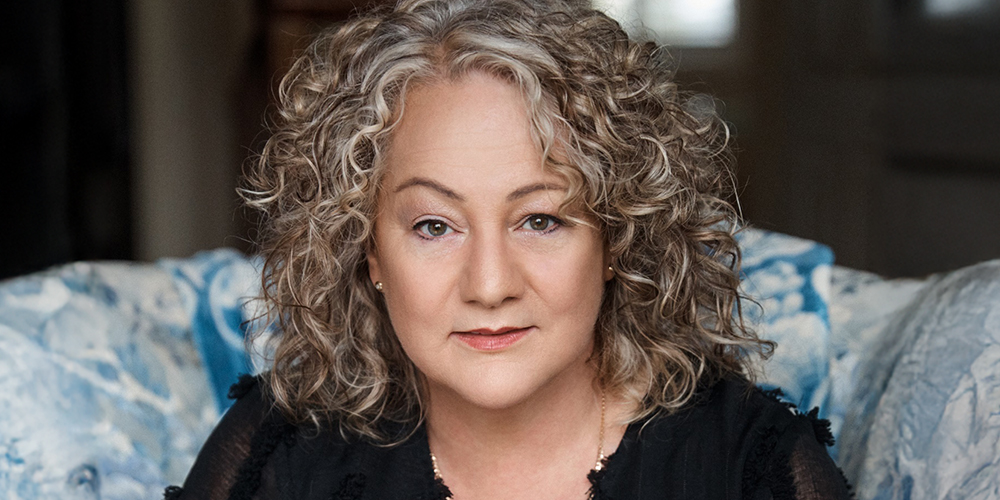Abbotsleigh Girls' School in Australia has long been committed to providing a nurturing environment for girls to express themselves through the arts, particularly drama. For over two decades, the school has been cultivating creativity, confidence, and communication skills through its dedicated drama programme. Spearheaded by a passionate team of educators, the school has embraced the Trinity College London qualifications to provide a robust and flexible speech and drama programme that has empowered countless students.
A legacy of excellence
"We’ve been working with Trinity for 24 years," shares Darcy Tindale, Abbotsleigh Speech and Drama Co-ordinator, reflecting on the programmes's history. "When I joined the school, Trinity had already been introduced for two years, and the choice was clear—it offered more flexibility and opportunity for our students compared to the previous qualifications offered." Over the years, the drama programme has grown to encompass five full-time drama teachers and a variety of offerings, from group sessions to one-on-one coaching. The school’s philosophy is rooted in inclusivity, welcoming students of all abilities and interests.
Tailored learning and personal growth
The programme's structure is designed to accommodate students from junior school through to Year 12, with personalised options to suit individual needs. Younger students start with group sessions that build foundational skills, while older students can opt for specialised one-on-one lessons or advanced qualifications.
“We don’t audition or hand pick students to participate,” Darcy explains. It’s open to everyone—from the highly artistic to those whose parents encourage them to join to build confidence. It’s all about offering a space for every student to grow. Some come in very shy, not wanting to play characters with lines, while others are natural performers. By the end of the year, the transformation is remarkable. We see students who initially had just one or two lines now commanding scenes with confidence.”
Throughout the programme students are exposed to a wide range of materials, from classic Shakespearean works to contemporary monologues, ensuring they not only develop performance skills but also broaden their literary horizons.
Beyond the stage
The benefits of the drama programme extend far beyond theatrical achievements. Students gain critical soft skills that enhance their academic and personal lives. "Drama helps them in English, public speaking, and even future board meetings," says Darcy. "It’s about learning to present yourself, articulate ideas, and think critically."
For many students, these skills translate into improved academic performance and increased confidence. "We’ve seen students who were once too shy to speak grow into individuals who can confidently hold a room’s attention."
The role of Trinity College London
The Trinity qualifications have enhanced the programmes’s success. "One of the biggest reasons we’ve stuck with Trinity is its flexibility," Darcy notes. "We’re not tied to a set anthology or syllabus, so we can tailor the experience to each student."
This adaptability allows students to explore their interests, whether it’s performing a piece from a beloved novel or tackling a challenging contemporary monologue.
Abbotsleigh’s drama programme is deeply embedded in the school culture, and the personalised approach of Trinity’s flexible syllabus is a major reason for its continued success. “One of the key things we love about Trinity is that it gives us the freedom to choose the material that works best for our students. Whether it's period pieces like Oscar Wilde or something more contemporary, we can really challenge our students while still keeping them within their comfort zone,” Darcy says. “It’s about finding that balance – something that stretches them but also allows them to connect with the material.”
This approach also encourages students to explore a wide range of literary genres. “I’ve had students who have never enjoyed reading until they’re introduced to a poem or a monologue that resonates with them,” Darcy adds. “It’s amazing to see the change when they discover something they love. It opens their world to new literature, new ideas, and new forms of expression.”
The integration of drama into the broader school extra-curricular offer also provides students with a sense of accomplishment. The Trinity qualifications are highly regarded and even offer benefits for university entry. “Our students take great pride in completing their Trinity qualifications. It’s not just about the grade – it’s about the journey and the skills they’ve developed along the way,” Darcy reflects. “And universities really acknowledge this. It shows that they’ve managed their time, worked on a challenging art form, and developed important communication skills.”
A lifelong impact
The programme has left a lasting impression on its students. Many begin their drama journey in junior school and continue through to Year 12, with some achieving advanced Trinity qualifications, like the ATCL diploma. "One of my recent students started in kindergarten and finished with us in Year 12," the teacher recalls. "Seeing her growth over the years was incredible."
Even students who don’t pursue drama professionally carry the skills and confidence they’ve gained into their future endeavors.
A bright future
The drama programme at Abbotsleigh continues to evolve, incorporating new trends like musical theatre while maintaining its core focus on fostering creativity and self-expression. As Darcy sums it up: "We’re not just teaching drama; we’re helping students discover themselves and their potential. That’s the real reward."
This case study showcases how Abbotsleigh Girls' School leverages the flexibility and depth of Trinity qualifications to nurture talent, build confidence, and prepare students for success both on and off the stage.
